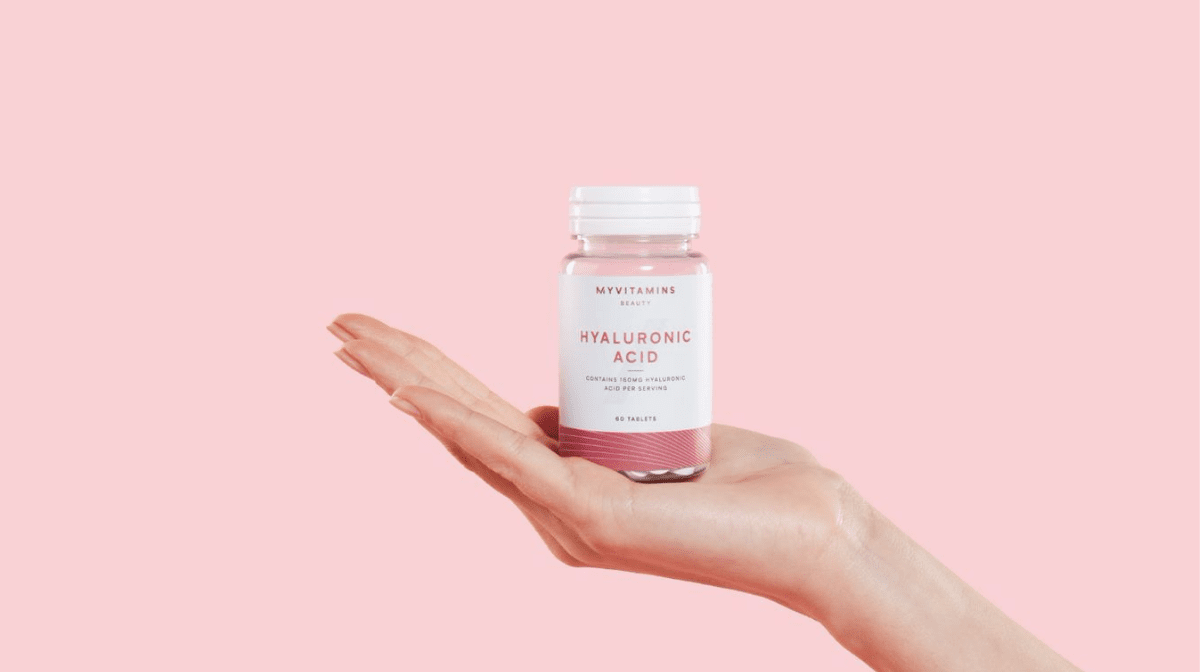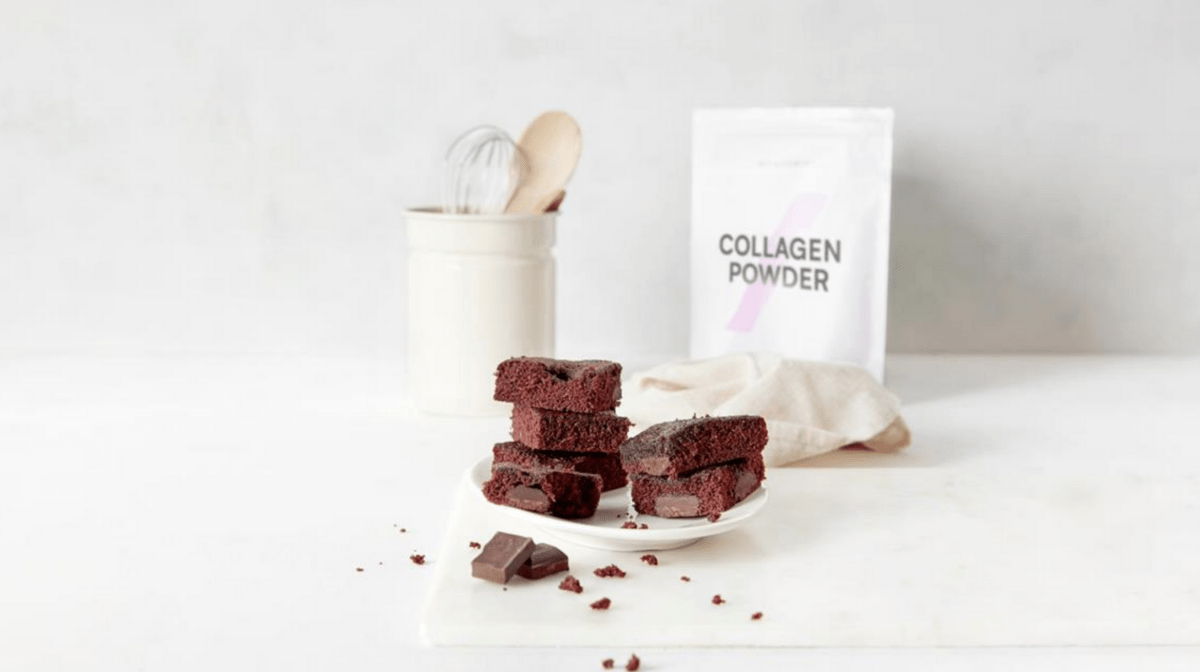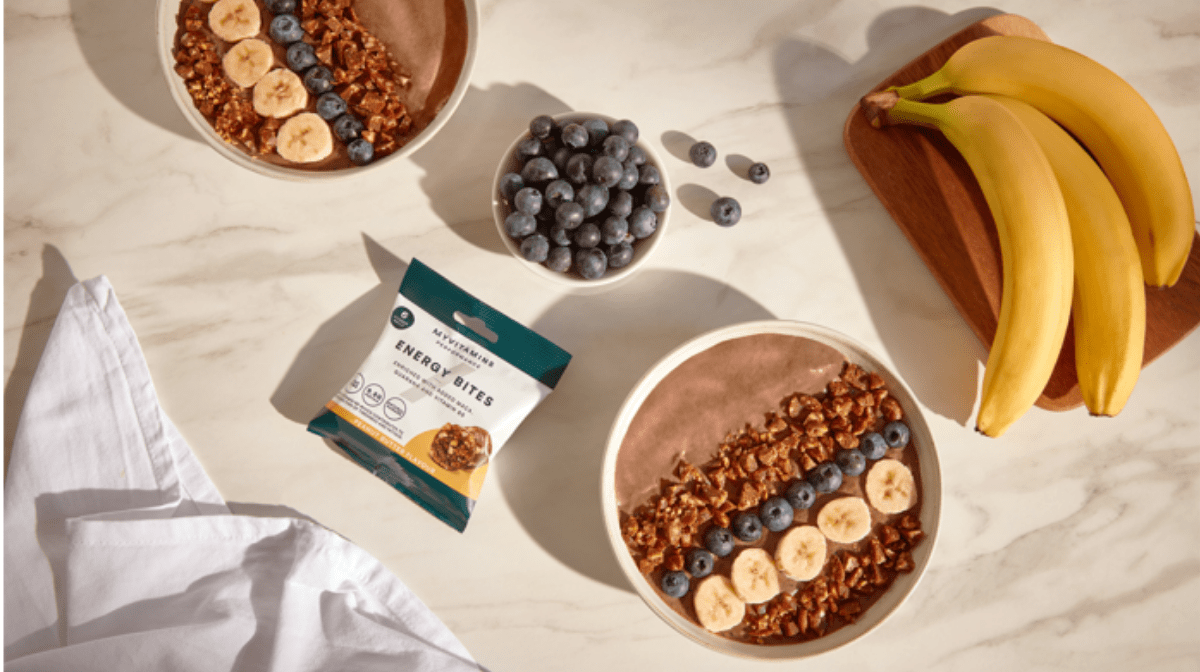Have you ever wondered when is the best time to take supplements? When you first wake up? Before you go to bed? During the day? Does it really matter what time of the day?
Although there is no WRONG time to take vitamins in terms of impacting your health, the best time to take vitamins largely depends on what vitamins you are taking. Certain vitamins do benefit you in different ways depending on when you take them.
So here is a guide to the best time to take supplements:
Best Vitamins to Take in The Morning
Best Vitamins to Take in The Afternoon
Best Vitamins to Take in The Evening
Best Vitamins To Take In the Morning
Water Soluble Vitamins
In the morning, the best vitamins that you can take are water-soluble ones. For example, vitamin C and B vitamins. By providing a natural boost of energy and fighting that early morning grog, they are perfect for first thing in the morning. They also don’t need to be taken with food, meaning you can ensure you have your daily dose before you even roll out of bed.
Try our Essential Vitamin B Tablets. A blend of eight B vitamins in one convenient tablet, this vitamin is designed to reduce your fatigue (21) and includes riboflavin to maintain your red blood cells (22). The recommended daily intake for vitamin B12 for people over 14 is 2.4mcg (4).
Try our Vitamin C Chewable Tablets. An orange-flavoured source of the essential vitamin designed to boost the condition of our skin (1), protect your cells against oxidative stress (2) and maintains a healthy immune system (3). The recommended daily intake for vitamin C for women over the age of 19 is 75mg, and for men over the age of 19, it is 90mg (5).









